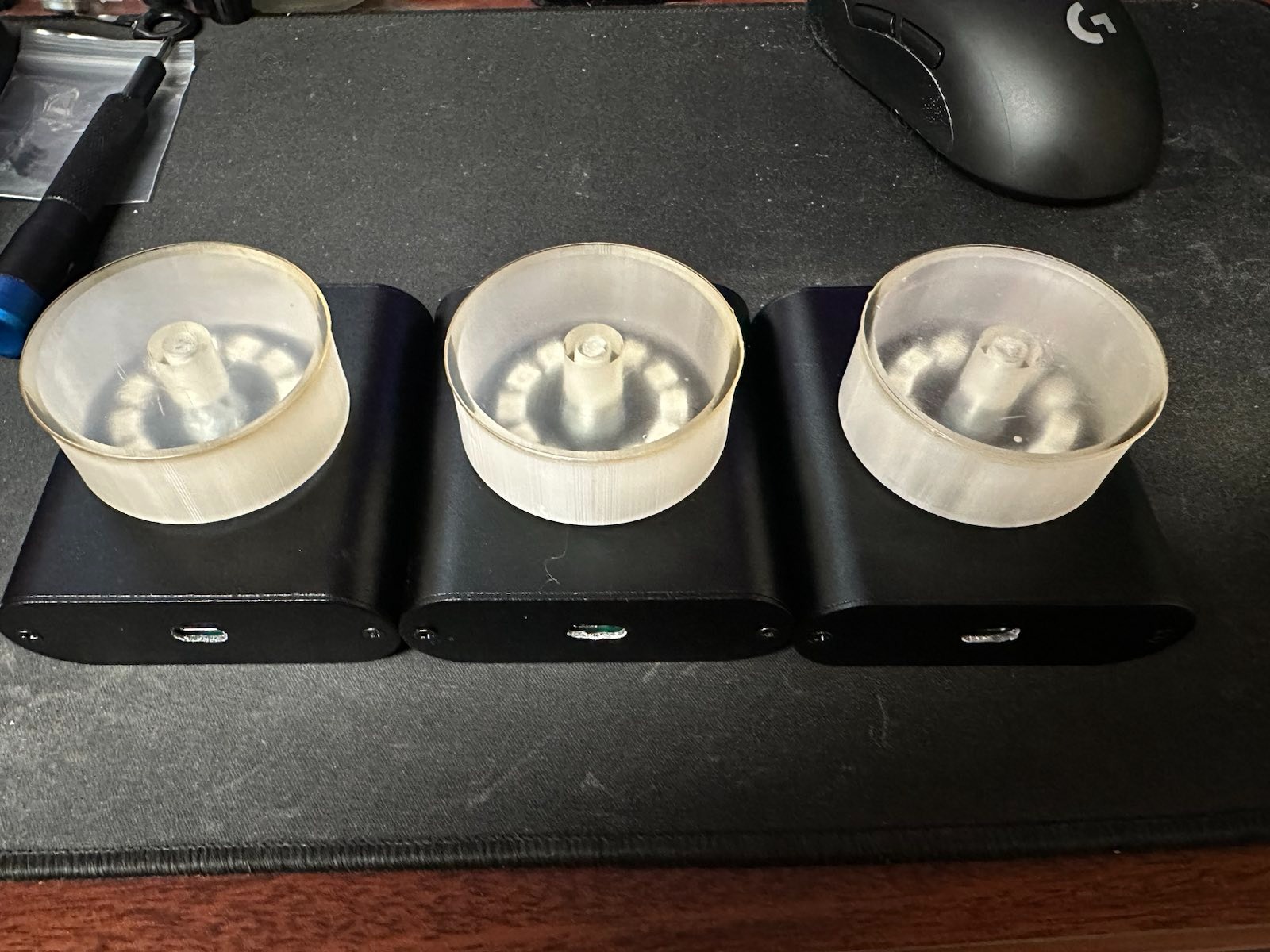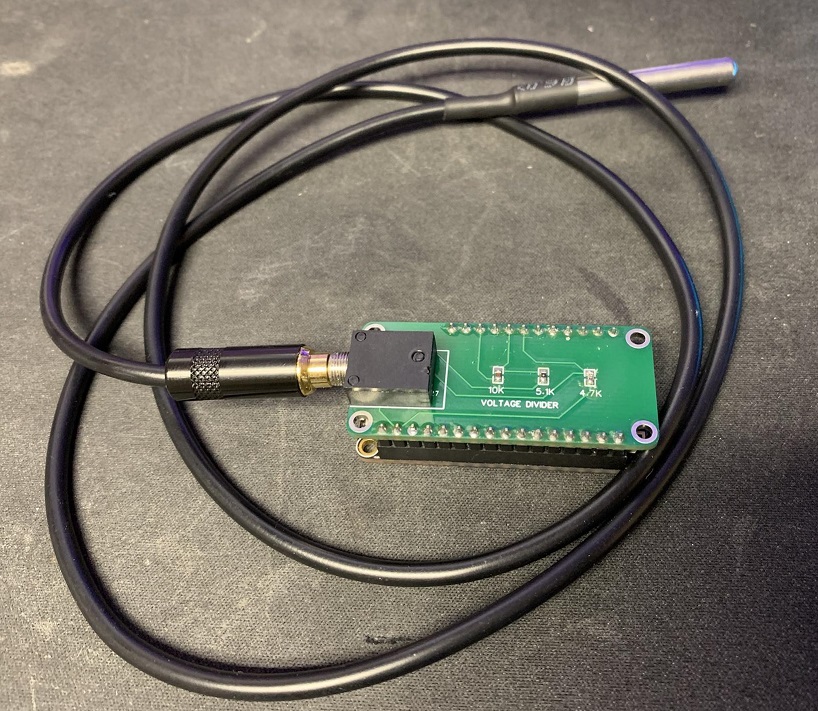Exploit Exercises - Nebula 08
Challenge 08 is more of a real-world challenge than some of the others have been. It’s also very dear to my heart, getting back to my networking roots.
You are instructed simply to check out what the level08 user has been up to. This is fairly easy, since when you login as level08, you see a “capture.pcap” file in their home folder. A pcap file is a standard packet capture file format.






